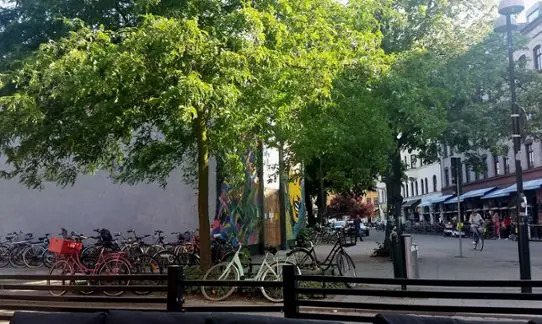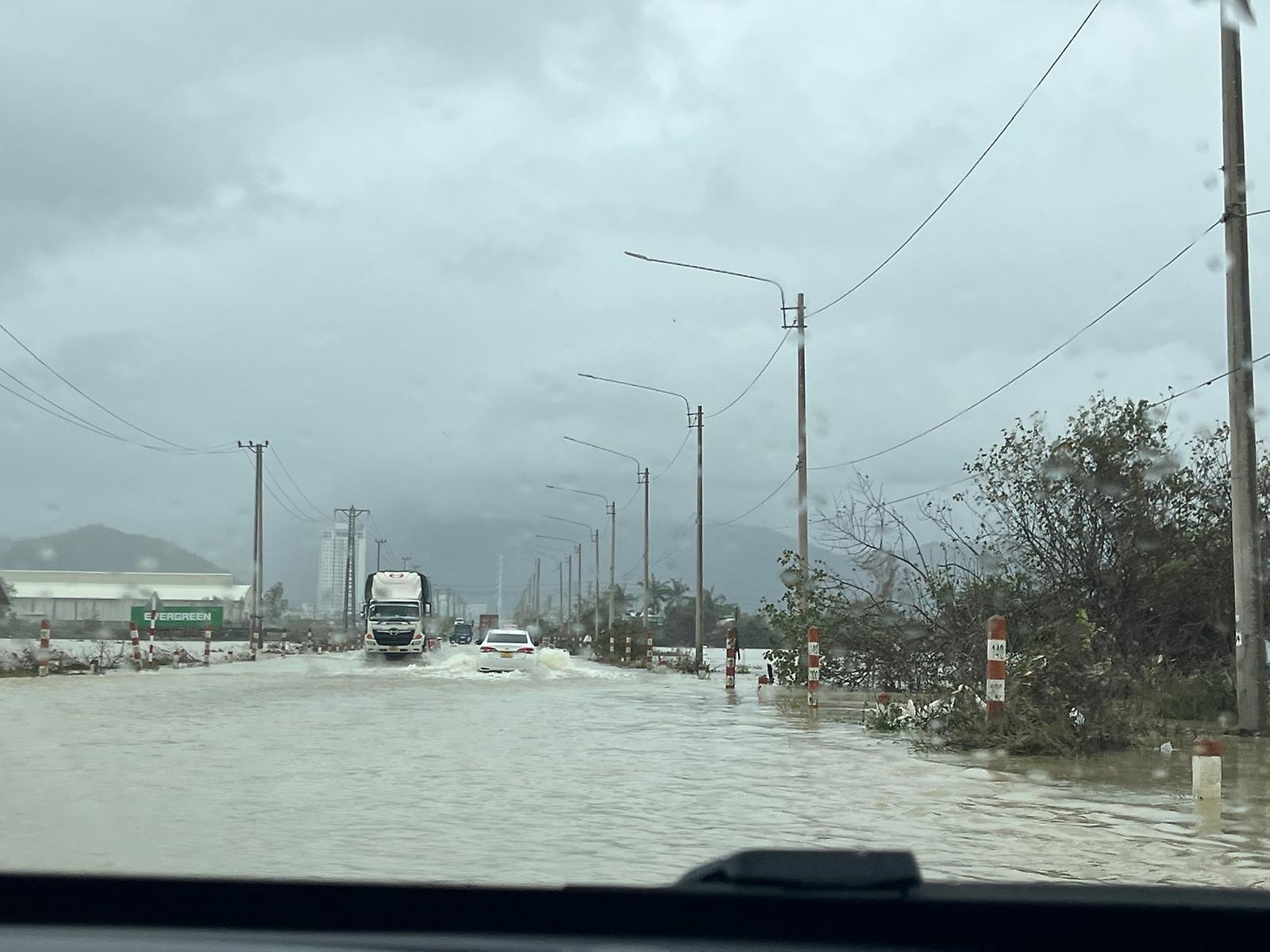Report brings knowledge on green infrastructure in Nordic cities
Green spaces, parks and planting can help to create healthy cities that are sustainable in the long term. SMHI has worked with the City of Stockholm to create a knowledge base on green infrastructure. The report brings together knowledge and experience of using green infrastructure in climate adaptation in Nordic cities. It also highlights knowledge gaps and barriers.
A warmer climate and a higher population density in cities mean a greater need for city adaptation solutions. On possible solution involves using green infrastructure, in other words green spaces and plants. Green infrastructure, combined with other nature-based solutions, may be one way to make the environment healthier and ensure that cities are sustainable in the long term.
As part of a knowledge overview process, SMHI and the City of Stockholm have gathered knowledge and examples in connection with green solutions for Nordic cities.

Green infrastructure, combined with other nature-based solutions, may be one way to make the environment healthier and ensure that cities are sustainable in the long term.
“The actions currently being taken in Nordic cities are often based the need to solve surface water problems,” explains Jorge Amorim, a research leader in air environment and urban climate at SMHI. “There are only few examples of Nordic cities using green infrastructure and nature-based solutions as a climate adaptation measure to counter problems relating to heat in cities, despite the players involved being aware that green spaces improve comfort, cooling and biodiversity. We currently also lack knowledge about the measurable effects of green infrastructure on temperature, air quality, health and social aspects.”
Green infrastructure as a climate adaptation measure
The use of green infrastructure as a climate adaptation measure is a developing field. This means that we are still building up experience of the long-term effects of green infrastructure. Those involved point out that caring for green spaces can be a problem, along with a deeper understanding of why they look the way they do and how they should be maintained.
“We have noted a growing interest in these solutions, particularly following last year’s hot summer,” continues Jorge. “But stakeholders have highlighted knowledge gaps surrounding financing and effects. They want methods for construction and operation, good examples and data on temperatures and water, and they point out that there are also a number of obstacles in the form of political decisions, legislation and sluggish changes to planning processes.”
“We hope that our report will provide inspiration and information about where knowledge can be found.”
The report on green infrastructure and climate in Nordic cities can be downloaded (in Swedish) from smhi.se. It was produced as part of the year-long “Green infrastructure and climate in Nordic cities: today and in the future” project, financed by the Formas research council.
Report: Climate adaptation of Nordic cities with green infrastrucutre (in Swedish) External link.
External link.

